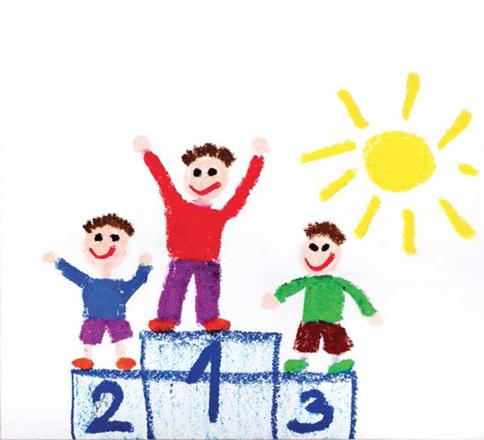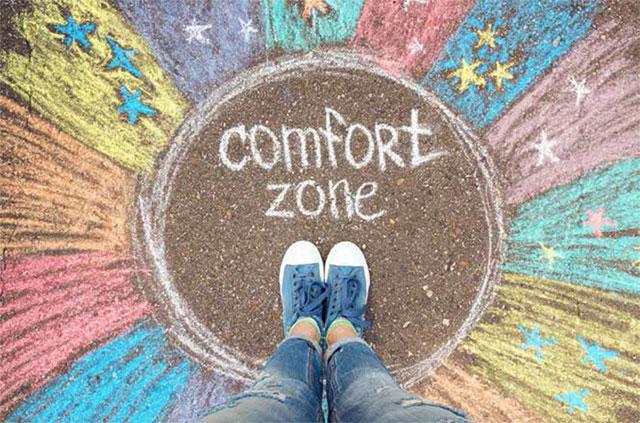You are here
Motivation
By Dina Halaseh , Family Flavours - Feb 23,2020 - Last updated at Feb 23,2020

Photo courtesy of Family Flavours magazine
By Dina Halaseh
Educational Psychologist
One of my favourite topics to discuss with parents is motivation. Motivation is the drive behind our actions, the energy that keeps us moving. Parents who are desperately trying to get their children motivated end up resorting to one of these options: rewards and competition.
Motivation and rewards
Rewards work, it’s true, but the constant use of tangible rewards will risk decreasing our internal motivation. We all have seen firsthand how rewarding an action can result in that action happening. But science has shown that when a certain task is interesting and motivating, rewarding it will decrease the person’s interest and it will be less enjoyable.
Therefore, if a child is internally interested in learning, using rewards will decrease that interest and hence, motivation. Not only that; offering a big reward for mental tasks usually reduces the performance of those tasks.
Motivation and competition
We also see how having a competition among two kids can sometimes work, but then there are times where a child clearly says, “I don’t care” and doesn’t bother to engage or even try. That’s because competition doesn’t always result in motivation; it is not systematic and would not get you what you want each time.
Many children are only concerned with not being last and will not put their full effort into the competition. Not all of them want to be first.
The Self-Determination Theory
We need to be able to motivate our children in a way that they are internally motivated to do a task. To do so, we need to dig deeper into motivation and understand the Self-Determination Theory. This theory links motivation to three main psychological needs:
• Control or autonomy: We all like having control over our choices and being able to exercise our free will
• Competence: We all need to feel like we can do things right. If we set a goal, we can achieve it and master a certain task
• Relatedness: We all need to feel connected to others, to feel like we belong or part of something bigger than us
These needs are universal and they are not related to a certain culture. They help us understand why people are internally motivated to do certain tasks without any external influences.
How can we motivate our children?
• Autonomy: Instead of trying to control their every move, give your children some space to choose. Constantly being asked to study can feel like nagging and when forced, students tend to hate it. Instead, you can help them understand the advantages of studying with them and how it will help them improve in the long run and not just force them to study
• Competence: Since we all need to feel like we can do things and master them, offer your children mini-goals. If your main goal is to get them to study for an hour without any interruptions, ask them for 15 minutes first and then add gradually. Praise them for those mini achievements and show how impressed you are. This will help build a sense of competence
• Relatedness: Since we all need to feel connected or valued as people, children also need to feel loved and connected to their parents. When they feel loved and appreciated, they will be more motivated and willing to try, even the harder tasks. Give this some thought: how can you make sure your children feel your love? Is it in yelling at them to study so many times a day? Or is it in showing compassion when they’re tired or through spending some time with them?
Reprinted with permission from Family Flavours magazine
Related Articles
Do you sometimes feel stuck in your job, life or even a relationship, unable to move forward? It is because you have probably created a “comfort zone”.
By Sirsa QurshaChild Development andParenting SpecialistHomework is usually dreaded by both parents and children alike!
By Dana JudehLife CoachHaving people who encourage and motivate us in various stages of our life is very important and crucial.


















